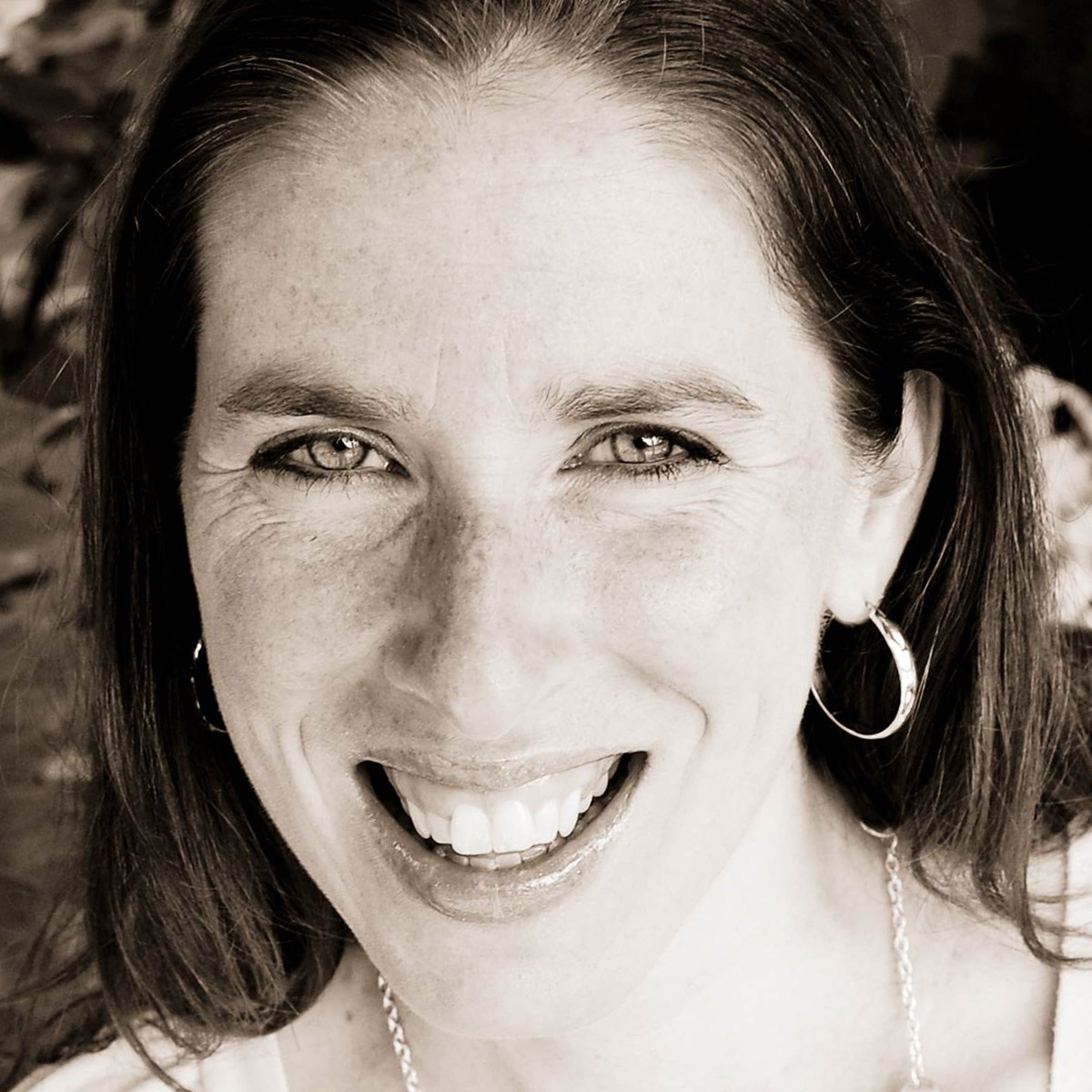Key takeaways:
Tristan Evans was diagnosed with colon cancer at age 42 because of a rare colon condition that made him develop hundreds of small polyps.
He underwent radiation, chemotherapy, and two surgeries to remove part of his colon and rebuild parts of his gastrointestinal system.
He now works to spread the word about cancer screenings among men in the Black community, where colon cancer rates are higher than in other populations.
Tristan Evans was having stomach aches: “GI issues,” he called them. Sometimes, they were nothing more than a pinching feeling when using the bathroom.
So, as a healthy 42-year-old, he didn’t think much of it. He was busy with work and had a new baby at home. The pain never seemed severe and would likely work itself out, he reasoned.
“Being from the Black community, I was raised that you work hard and you just walk off a belly ache,” Tristan says. But one day, he saw blood in his stool and felt feverish. He knew these were warning signs that he shouldn’t ignore.
He went to see his doctor, who thought it was an infection from either an internal hemorrhoid or diverticulitis. The doctor prescribed antibiotics and, as a precaution, also suggested a colonoscopy.
Tristan had always believed life was all about timing. He just didn’t know that his good timing was about to save his life.
A colon cancer diagnosis at 42
Tristan remembers that when he came out of the sedation after his colonoscopy, he immediately knew something was off. “I was still foggy, but I could tell the doctor wasn’t jovial as he had been before,” he says. As it turned out, there was a reason for the doctor’s concerned expression.
He told Tristan that he had nearly 1,000 tiny polyps in his colon, and two of them looked tumorous. He would lose either all or part of his colon, the doctor said, adding that treatment needed to start immediately.
“What I went in thinking was a minor GI issue turned out to be two golf-ball-sized tumors,” Tristan says, including one that was protruding into his abdomen.
A biopsy a week later confirmed the two tumors were cancerous: He had colon cancer. He and his wife, Michele, were in shock. They had three young children. None of this was supposed to happen.
But there was almost no time to absorb any of this. To save his life, he needed to start treatment right away.
- AdrucilFluorouracil
- LeucovorinGeneric Wellcovorin
- XelodaCapecitabine
From diagnosis to treatment and recovery
There was a reason his colon was filled with polyps: It turned out that he had a genetic disorder called familial adenomatous polyposis (FAP), although Tristan did not know of a history of it in his family. People with this rare disease can have polyps in their colon at a young age, which can then turn cancerous. In fact, the average age that someone with FAP develops colon cancer is 39.
In those early weeks, Tristan had two contradictory thoughts. One was that he was incredibly lucky that they caught his cancer early enough to treat it. It was stage 3 level C cancer and hadn’t yet spread. “My doctor said, ‘You’re young and you’ll bounce back,’” Tristan recalls.
But the other was straight-up fear. “When you hear cancer, you automatically think it’s a deadly disease. Your mind races. You wonder, will this take my life? What will radiation and chemotherapy do to my body?”
He had 5 weeks of radiation and 6 months of oral chemotherapy to reduce the size of the tumors so that they were no longer touching other organs. Removing his colon then got rid of the cancer.
In removing his colon, the doctor had to divert his colon’s function so that his remaining colon could heal. While that healed, he had a temporary ileostomy bag.
He was understandably self-conscious about it. “You wonder if people know you have the bag under your clothes,” he says. “It took a different mindset to get through it.”
But he did get through it, and, as planned, the ileostomy was reversed 6 months later. “Then I started my new normal,” he said. That was 10 years ago and, aside from treatment for a bowel obstruction 4 years ago, he’s been a picture of good health ever since.
Encouraging colon cancer screening among Black men
Before he was a youth pastor or ran his own financial services company (his current role), Tristan worked as a sales rep in the pharmaceutical industry — on gastrointestinal products. “These were my people!” he says. “I knew the industry but still had no idea this cancer was welling up inside of me.”
He recognizes that he was at an advantage because he at least knew the terminology and understood screenings. “Still, if I would have just followed the normal protocol and not gotten screened until 45, I wouldn’t be here.”
Tristan saved his own life because he listened to his body. That’s a message he’s been sharing with everyone, especially other Black men. According to the American Cancer Society, African Americans are 20% more likely to get colon cancer than other racial or ethnic groups — and they are 40% more likely to die from it.
These disparities are one reason that he’s a health ambassador with the Duke Cancer Institute (DCI) in Durham, North Carolina, where he lives. (Tristan went to the DCI for his treatment.)
Across the board, disparities in healthcare disproportionately affect people of color. They are more likely to face racism when seeking care and less likely to have health insurance. These are realities Tristan understands.
He wants to help people take control of their health. To do that, they need good information. For example, one man he talked to thought that cancer was contagious. Others don’t understand or are skeptical of how screenings work.
He also knows how important it is to use all the resources at your disposal. He got through his treatment and recovery because of his religious faith and the support of his family. But he also relied on social workers to help him navigate the system. He tells people, “Don’t be too prideful to ask for help.”
To those he meets, Tristan stresses that, “Whatever you do, don’t wait to see the doctor,” adding, “If I would have waited even another month, my outcome could have been very different.”

Why trust our experts?

















